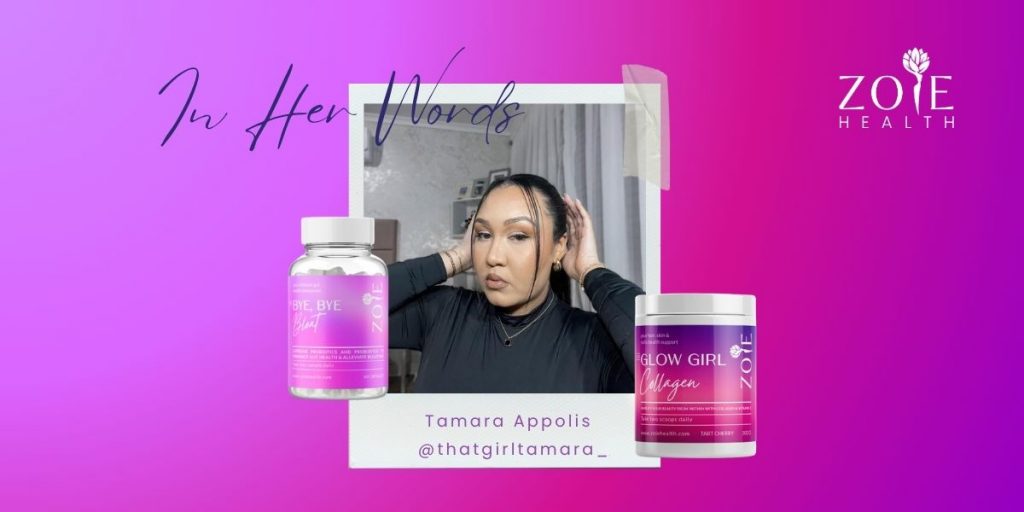By Ammarah Seedat
Sexual health is a vital component of overall wellbeing, yet it remains shrouded in misconceptions and stigmas. One area often misunderstood is libido, or sex drive. Many myths surrounding libido can lead to unnecessary stress, shame, and confusion. This article aims to debunk these myths and promote a healthy understanding of libido and sexual desire.

Understanding Libido: What is Normal?
Libido refers to the instinct, desire, or energy to engage in sexual behaviour. It’s crucial to understand that “normal” libido varies widely among individuals. Comparing your libido to someone else’s is unhelpful because what’s normal for one person might not be for another. Factors such as physical health, mental wellbeing, relationship dynamics, and life circumstances all play a role in influencing libido.
Myth 1: Women Have Lower Libidos Than Men
A common myth is that women inherently have lower libidos than men. Research indicates that sexual desire manifests similarly across genders, influenced by hormonal changes, health conditions, and individual circumstances. It’s essential to recognise that libido can vary significantly among both men and women, and it is influenced by numerous factors, not just gender.

Myth 2: Sexual Dysfunction is Rare in Women
Contrary to popular belief, sexual dysfunction is not uncommon among women. Between 30 and 50 percent of sexually active women experience some form of sexual dysfunction, such as low libido, difficulty achieving orgasm, or pain during sex. These issues can affect women of all ages and backgrounds. Seeking professional help from a primary care physician, OB/GYN, or sex therapist can address these concerns and improve quality of life.
Myth 3: Female Sexual Problems Are All in the Mind
Sexual health is influenced by a complex interplay of physical, emotional, social, and environmental factors. While mental health conditions like anxiety and depression can impact sexual functioning, physical conditions, medications, and relationship issues also play significant roles. It’s crucial to approach sexual health holistically and seek help from both medical and mental health professionals when needed.
Myth 4: Pain During Sex is Normal for Women
Pain during sex, known as dyspareunia, is not normal and should not be ignored. Various medical conditions, musculoskeletal issues, or hormonal changes can cause pain during sex. It’s vital to seek help from healthcare providers to identify and address the underlying causes. Open communication with partners about pain can also help maintain intimacy and support.
Myth 5: Ageing Leads to a Decline in Libido
While hormonal changes associated with ageing can affect libido, many older adults continue to enjoy fulfilling sexual experiences. Maintaining sexual wellbeing involves staying attuned to one’s body, mind, and relationships. Regular health check-ups, open communication with partners, and exploring new forms of intimacy can help sustain libido as one ages.
Myth 6: Using Supplements to Boost Libido is Harmful
Another prevalent myth is that using supplements to enhance libido is harmful or ineffective. While it’s essential to approach supplements with caution and consult healthcare providers, many supplements can indeed support a healthier and more pleasurable sex life. For instance, Zoie Health’s Libido Lift is designed to naturally boost libido and can be safely incorporated into daily routines. Made with ingredients known to support hormonal balance and increase energy levels, Libido Lift can help enhance sexual desire and overall wellbeing. Supplements like these can be part of a holistic approach to sexual health, alongside maintaining a balanced diet, exercising regularly, and managing stress.

Addressing Mismatched Libido
Differences in libido between partners are common and not necessarily indicative of a problem. It’s essential to understand that fluctuations in libido are normal and can change over time and circumstances. Sex therapy can help couples navigate these differences through open communication and compromise, ensuring both partners’ needs are met.
The Role of Sex Therapy
Sex therapy provides a supportive and nonjudgmental space to explore sexual concerns, desires, and intimacy. A sex therapist can assess underlying causes of sexual issues, provide education about anatomy and sexual responses, and develop personalised treatment plans. Techniques, exercises, and resources offered by sex therapists can enhance libido, sexual pleasure, intimacy, and satisfaction.
Conclusion
Understanding and addressing the many influences on libido is crucial for promoting healthy sexuality. Encouraging open communication, challenging myths, providing accurate information, and reducing stigma can empower individuals to prioritise their libido and sexual health and seek help when needed. Remember, variations in libido are normal, and embracing this diversity can lead to more fulfilling and satisfying sexual relationships. Incorporating supplements like Zoie Health’s Libido Lift into your daily routine can be an effective way to support your libido naturally, helping you enjoy a healthier and more pleasurable sex life
About Zoie Health
Zoie Health is at the forefront of women’s wellness, offering quality, affordable, and accessible supplements tailored to the unique health needs of women. With a focus on synergy, Zoie Health’s products are designed to work together, providing your body with the comprehensive support it needs to thrive. With our online Zoie Shop and Pharmacy, our unique virtual consultations, and vast communities of women, we strive to provide good quality healthcare to underserved populations.









